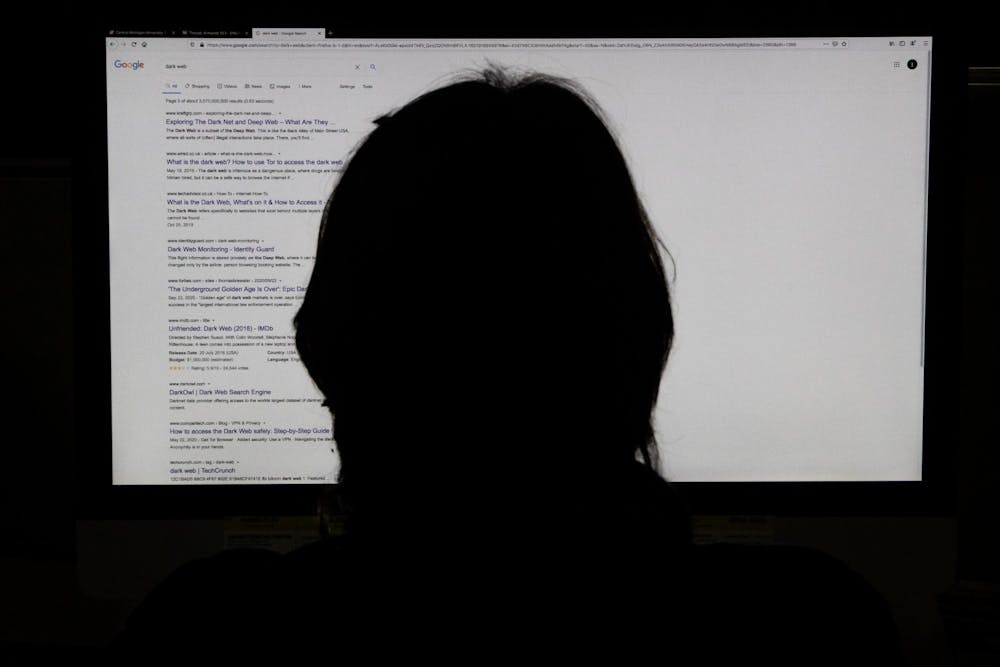Proposal 2 will require search warrant to access electronic data

Court systems have lagged behind in interpreting the Fourth Amendment to keep up with technological advancements. To combat any confusion, the Michigan Legislature has proposed a state constitutional amendment to protect certain privacy rights as technology advances.
Proposal Two on the upcoming Michigan ballot gives voters the opportunity to add electronic advancement in the privacy legislation under the Fourth Amendment. State Sen. Jim Runestad and the American Civil Liberties Union have been working for the past six years on an amendment to the Michigan Constitution regarding technological privacy rights of Michigan residents.
Merissa Kovach, the Policy Strategist for the ACLU of Michigan, said Proposal Two sets the standard that law enforcement would be required to have a probable cause and search warrant in order to access an individual's personal electronic information.
“It clarifies that everyone’s personal electronic information, email, and cell phone data, is protected under the Fourth Amendment,” Kovach said. “This amendment is so important because our federal courts haven’t kept up with technology, they are very slow to react.”
Kovach said on the early onset of developing the bill, there was opposition in the legislature when it came to getting the Search Warrant for Electronic Data Amendment on the Ballot. That opposition dropped quickly, and the amendment ended up passing unanimously out of the Senate and House.
Kovach said it wasn’t until 2018 that cell phone tracking data was protected under the Fourth Amendment, 40 years after the first cell phone was created.
Proposal Two helps to clarify that line of what is needed when it comes to investigating an individual's personal electronic information. Kovach said it leaves no room for interpretation. Even if the federal courts are slow to keep up, there would be no question in the state of Michigan.
“Instead of playing Whack-a-Mole every time there is new technology and trying to pass new legislation, this is an evergreen amendment that will definitely make it clear your personal information is protected,” Kovach said.
Though the legislation is not set yet, Lt. Mike Sienkiewicz of the CMUPD said they do not anticipate any changes as a result of Proposal Two. CMUPD has been obtaining search warrants when accessing personal electronic data for many years, and this would only codify it into the Michigan Constitution, he said.
Despite the practices of CMUPD, students still find the legislation necessary to protect their individual privacy rights.
“It would make me feel more secure overall,” Haley Matlick, Hazel Park Senior said. “Since everything is online right now, I feel like we are living through our computers. Most of our personal information is on there. I feel this is definitely necessary, especially for college students.”







